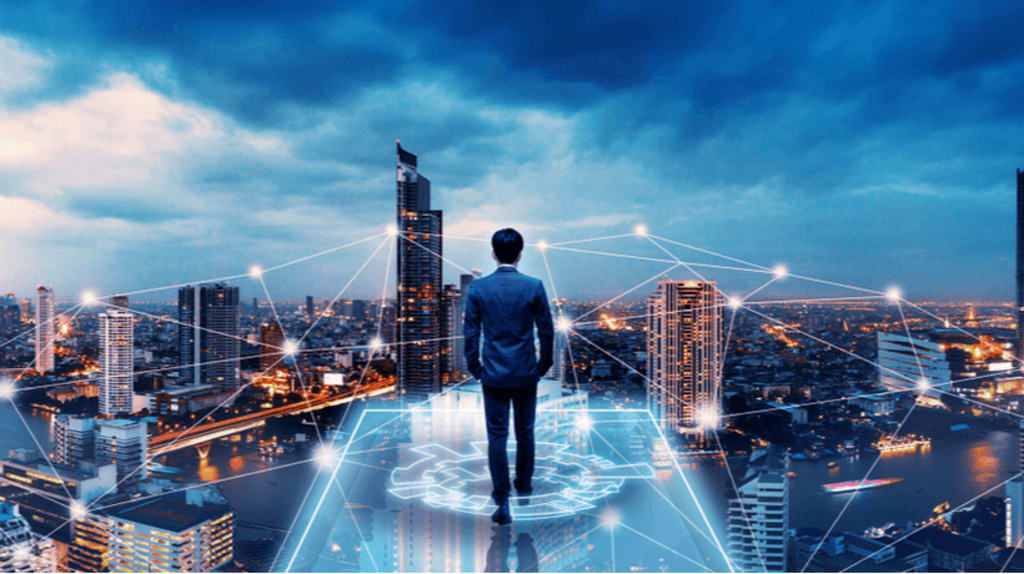
In the year 2050, the world had transformed beyond recognition. The rapid advancements in technology, coupled with unprecedented levels of cooperation among nations, had led to a future that was both awe-inspiring and challenging.
Cities had evolved into towering metropolises of glass and steel, interconnected by a web of magnetic levitation trains that zipped through underground tunnels at mind-boggling speeds. The once-debilitating traffic congestion had become a distant memory, as self-driving vehicles glided seamlessly through intelligent traffic management systems.
Renewable energy sources had taken center stage, with towering solar and wind farms providing clean power to every corner of the globe. Fossil fuels were relegated to history books, and environmental concerns were no longer a secondary priority. The efforts to combat climate change had borne fruit, as air and water quality began to recover from decades of neglect.
A significant transformation had taken place in healthcare as well. Nanobots coursing through human veins worked tirelessly to detect and repair any anomalies, rendering most diseases a thing of the past. Genetic editing had become commonplace, allowing for the elimination of hereditary disorders and the enhancement of certain traits. Lifespans had increased substantially, and the idea of living well beyond a century was no longer far-fetched.
Artificial intelligence had evolved to a point where sentient androids coexisted with humans, contributing to society in various capacities. These AI companions were programmed to understand emotions and foster empathetic connections, blurring the lines between machine and humanity. However, ethical debates about the rights and roles of AI in society continued to challenge minds.
Space exploration had taken a giant leap forward, with colonies established on the Moon and Mars. Interplanetary travel was no longer reserved for astronauts; civilians could embark on vacations to other planets, gazing back at Earth from the vastness of space. These endeavors also unveiled new resources and research opportunities, pushing humanity's understanding of the cosmos to new heights.
Yet, the future was not without its challenges. With the proliferation of automation and AI, job displacement became a pressing concern. Governments grappled with the need to retrain and reskill their workforce, ensuring that technological advancements benefited all citizens. The gap between the technologically adept and the digitally marginalized threatened to widen, prompting efforts to bridge this divide.
Social dynamics had shifted as well. Virtual reality had transformed entertainment and social interaction, with people spending more time in immersive digital worlds than in the physical realm. Relationships, intimacy, and personal connections took on new dimensions, raising questions about the authenticity of emotions experienced in the digital space.
As humanity's reach extended to the stars, so did the potential for conflict. Space colonization sparked disputes over territory and resources, necessitating new frameworks for interplanetary diplomacy. The lessons of history had not been forgotten, and efforts were made to ensure that unity prevailed over rivalry in the exploration of the cosmos.
Amidst these advancements and challenges, one thing remained constant: the human spirit of exploration and curiosity. The drive to push boundaries, to uncover the unknown, and to create a better world for future generations continued to define humanity's journey. The future was a testament to human ingenuity and perseverance, a tapestry woven with threads of hope and ambition.
In this transformed world of 2050, the lessons of the past guided decisions for a sustainable future. The challenges that arose were met with a collective determination to find solutions, as collaboration transcended national boundaries. And as the sun set on each day, casting its glow over a world of soaring skyscrapers and interplanetary dreams, the people of this future era could look back with pride at the distance they had traveled and forward with excitement for the boundless possibilities that lay ahead.
About the Creator
Abdul kareem yusuf
top tier writer





Comments
There are no comments for this story
Be the first to respond and start the conversation.